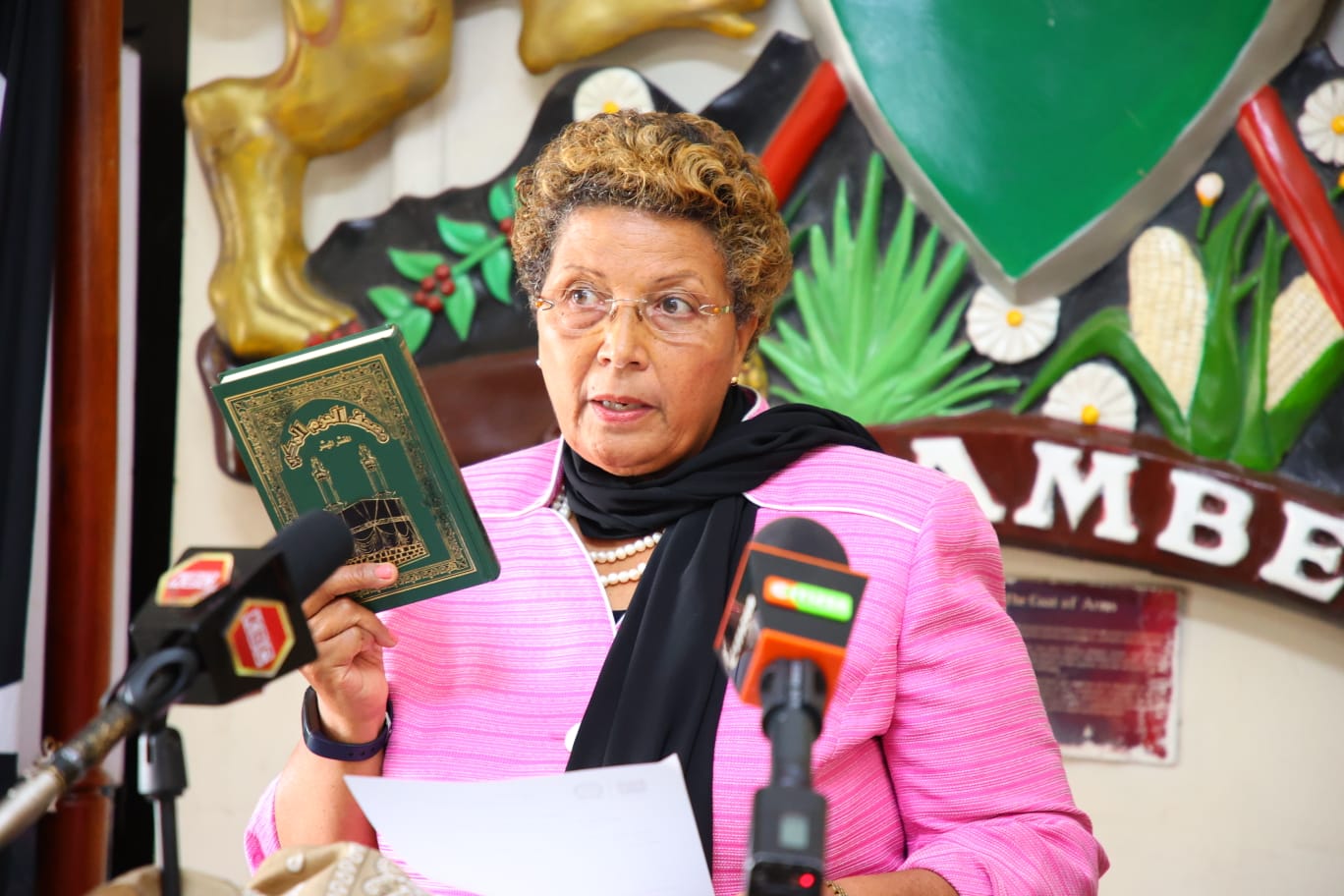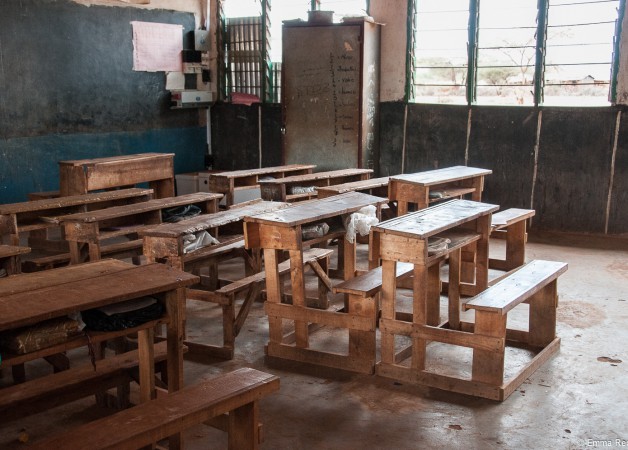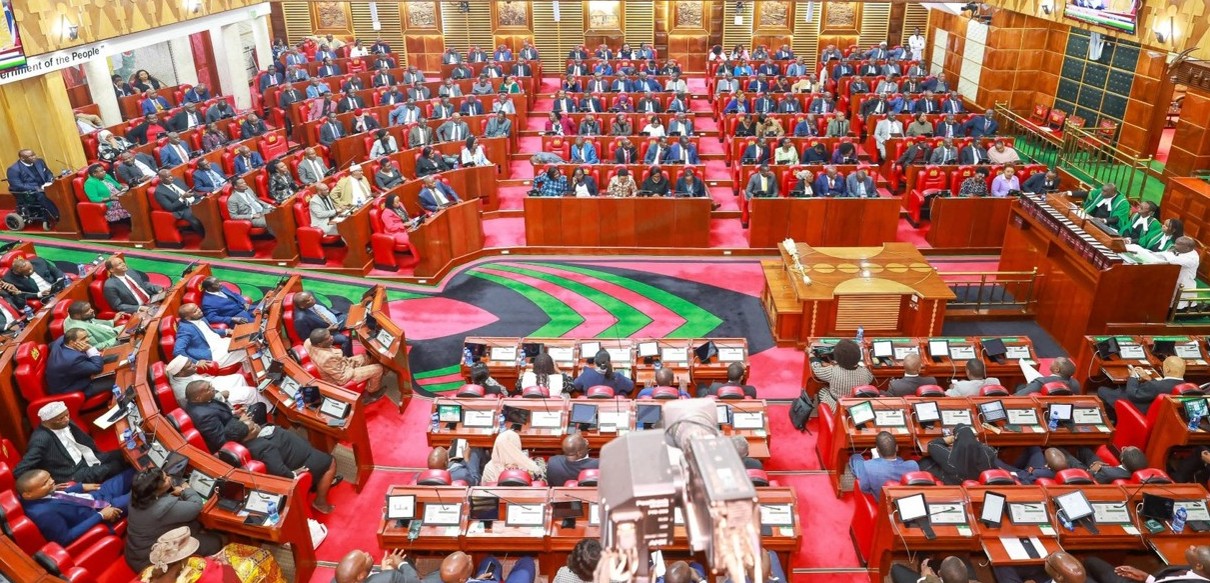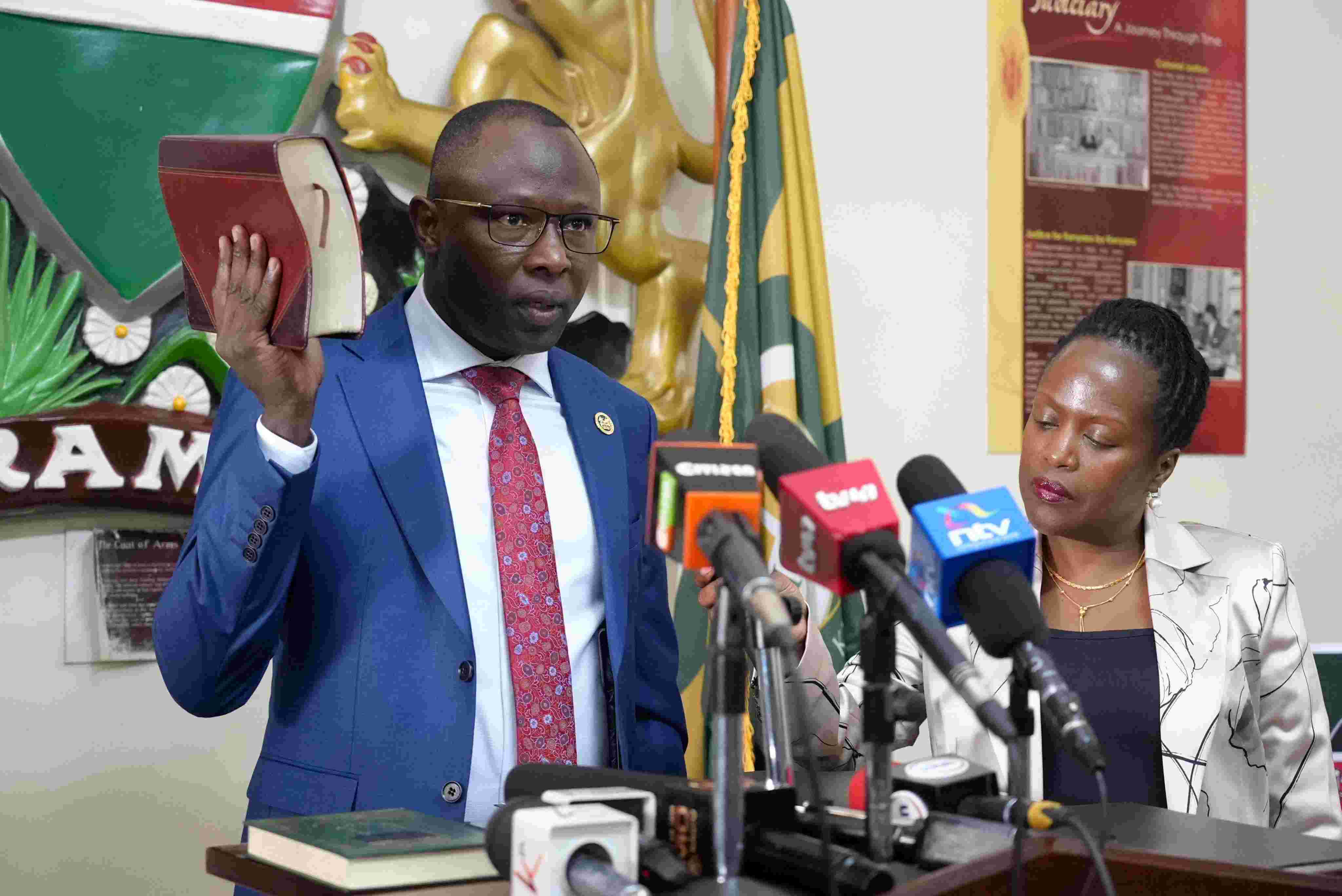10 counties, including Garissa, Mombasa flagged as hotspots for youth substance abuse

The Ministry of Health also expressed concern over substance use among the young working population aged between 25 and 35, noting that around 1.5 million Kenyans in this age bracket are affected.
Ten counties have been flagged as hotspots for youth substance abuse.
According to the Ministry of Health, a recent survey has revealed a disturbing rise in the use of drugs and substances among young people, with one in every 11 individuals aged between 15 and 24 affected.
More To Read
- Garissa Muslim leaders urge crackdown on cross-border drug trafficking to save youth
- Mombasa youth stand up against drug abuse, mental health challenges
- Authorities arrest two suspects, seize bhang worth Sh9 million in Kwale
- Kenya Army officer among 99 arrested in Mombasa drugs, crime crackdown
- Lamu stakeholders unite to help recovering drug addicts rebuild lives
- Reformed Isiolo drug addicts with no jobs for income risk relapse
The nationwide survey, conducted by the Ministry between November 2024 and February 2025, identified 10 counties with heightened vulnerability to youth substance use. These are Garissa, Kakamega, Kericho, Kisumu, Laikipia, Machakos, Meru, Mombasa, Nakuru and Uasin Gishu.
Public Health and Professional Standards Principal Secretary Mary Muthoni said the findings point to a growing interest in drug and substance indulgence among the youth, a trend that must be urgently addressed.
“There is a growing interest in indulgence in drugs and substances, and this trend needs to be stopped,” Muthoni said.
The report highlights alcohol, miraa, tobacco, cannabis, and prescription medication, in that order, as the most commonly abused substances among young people.
The Ministry also expressed concern over substance use among the young working population aged between 25 and 35, noting that around 1.5 million Kenyans in this age bracket are affected.
“This is a serious concern, especially because they are in their most productive years. Their indulgence in drugs is gravely affecting their productivity at work. Something needs to be done urgently,” Muthoni said.
To address the crisis, the Ministry said it is preparing to roll out a nationwide campaign beginning with the 10 high-risk counties. The initiative will focus on sensitising the youth about the dangers of drug abuse and encouraging rehabilitation as a means of prevention and recovery.
Students' cautioned
Additionally, the Ministry has issued a caution to students in institutions of higher learning, especially those currently on long holidays, to avoid drug use and remain focused and productive.
“If unchecked, this issue could spiral into a national disaster,” Muthoni warned.
At the same time, PS Muthoni has cautioned the public against the rampant misuse of over-the-counter drugs, particularly antibiotics, saying the growing habit could render the crucial medications ineffective.
“We are asking members of the public to avoid over-the-counter medication and prescribing drugs for themselves. It is important to note that antibiotic resistance is a reality now,” she said.
She urged Kenyans to seek professional medical advice instead of self-prescribing, emphasising the importance of consulting healthcare providers for accurate diagnoses and treatment.
“We request that members of the public, should you get unwell, please visit a health facility where you will find a skilled healthcare workforce to guide you and prescribe to you the kind of drugs that you require for your body and your ailments,” she said.
Muthoni noted that antimicrobial resistance was becoming a global health threat, often driven by the tendency of individuals to self-medicate for minor illnesses.
“Most people are getting minor ailments and rushing to the chemist and prescribing themselves antibiotics, and then when it exists in their bodies for a long time, it does not work anymore. The day you require it, it will not work. Therefore, it is important for people to stop abusing drugs,” she said.
She specifically mentioned the common cold and flu as examples of ailments for which many Kenyans unnecessarily turn to antibiotics.
“When you have a common cold or the flu, don’t rush to buy antibiotics. Go to the doctor, ask for a proper prescription and get the right drugs that have been prescribed by somebody skilled with the knowledge of what your body requires,” she added.
Top Stories Today














































